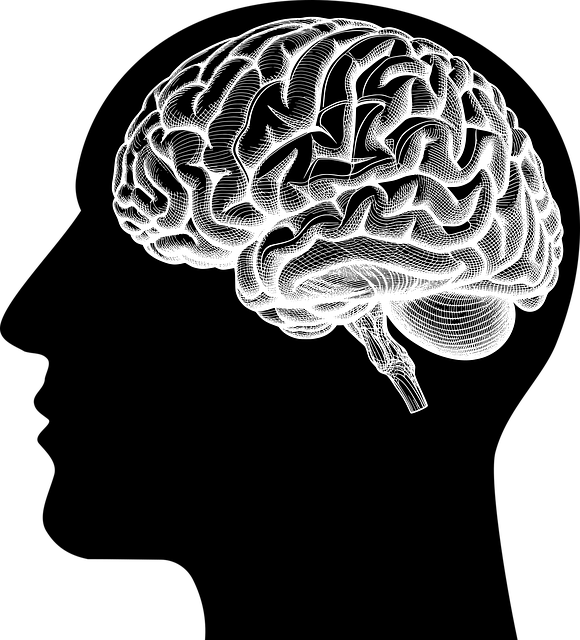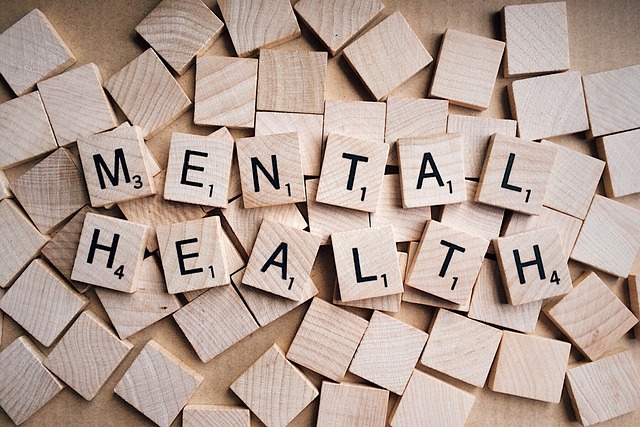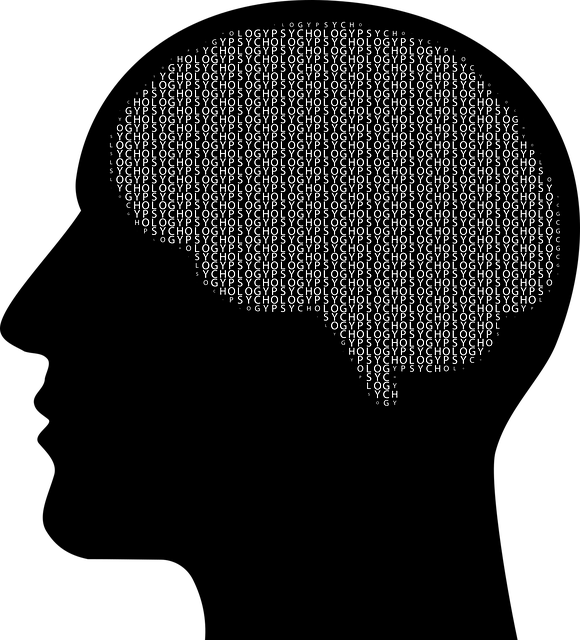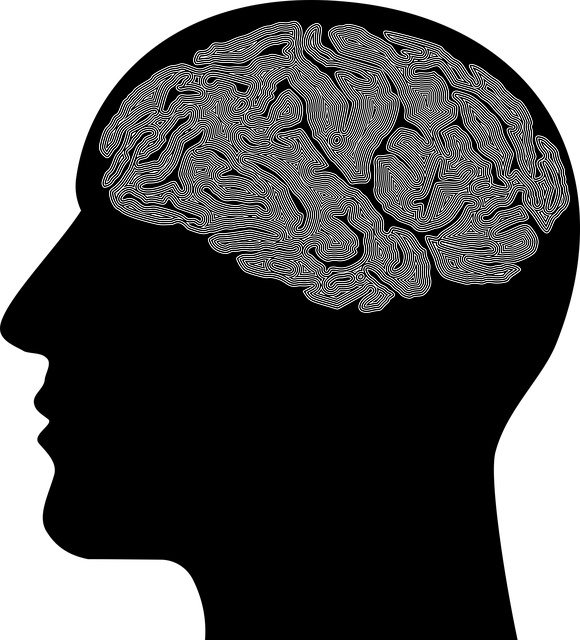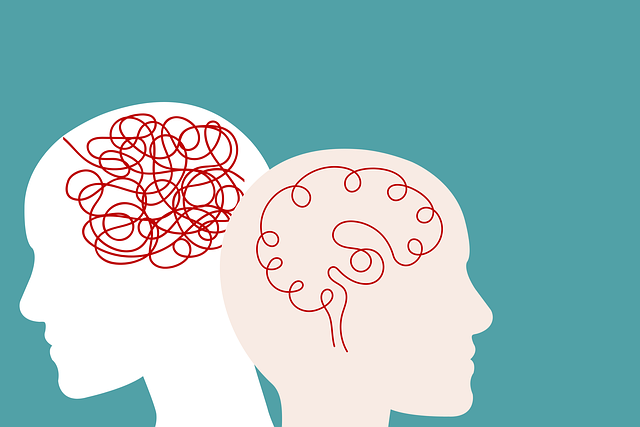Mental wellness support for young Hebrew-speaking children requires a culturally sensitive approach, focusing on building emotional resilience and healthy coping mechanisms. Effective therapy involves group sessions creating a safe space for communication using age-appropriate strategies, self-care routines, and play activities reflecting their cultural backgrounds. This holistic method, tailored to therapy for young children Hebrew speaking, enhances mental health outcomes, fosters community understanding, and promotes inclusive healthcare practices.
Mental wellness group facilitation is an effective approach to support young children, particularly those from Hebrew-speaking backgrounds. This article explores techniques tailored to address mental health challenges in this specific demographic. We delve into creating safe spaces, fostering open communication, and integrating play therapy with cultural sensitivity. By understanding the unique perspective of Hebrew-speaking communities, facilitators can provide targeted therapy for children, ensuring they receive the care they need.
- Understanding Mental Wellness in Young Children: A Hebrew-Speaking Perspective
- Creating a Safe and Supportive Group Environment
- Facilitation Techniques to Foster Open Communication
- Integrating Play Therapy and Cultural Sensitivity in Group Sessions
Understanding Mental Wellness in Young Children: A Hebrew-Speaking Perspective

Understanding mental wellness in young children from a Hebrew-speaking perspective is crucial when tailoring effective therapy for this demographic. In many Hebrew-speaking communities, there’s often a unique cultural and linguistic context that influences how mental health issues are perceived and addressed. Early childhood mental wellness involves nurturing emotional resilience and promoting healthy coping mechanisms to prevent emerging conditions like anxiety or burnout, especially among healthcare providers who may be at risk due to demanding work environments.
Journaling exercises and guidance can serve as powerful tools for young children to process emotions and experiences, fostering self-awareness and expression. Additionally, burnout prevention strategies tailored to these communities’ needs are essential. By integrating cultural sensitivity into therapy practices, we can ensure that Hebrew-speaking children receive appropriate mental wellness support, leading to improved outcomes and a more inclusive healthcare system.
Creating a Safe and Supportive Group Environment

Creating a safe and supportive group environment is paramount when facilitating mental wellness sessions for young Hebrew-speaking children. It’s not merely about providing a physical space; it involves cultivating an atmosphere where each child feels seen, heard, and respected. This begins with establishing clear boundaries and rules that emphasize confidentiality, ensuring every participant understands their privacy is protected. Facilitators should also encourage active participation while maintaining a non-judgmental stance, fostering an environment that boosts confidence and encourages vulnerability.
The group setting offers a unique opportunity for trauma support services, as children can learn from one another’s experiences. By promoting empathy and understanding, facilitators can help reduce anxiety relief barriers, allowing young minds to connect and heal. This supportive tapestry is woven through consistent communication, active listening, and the integration of cultural nuances specific to Hebrew-speaking communities, ensuring every child feels at home amidst their peers.
Facilitation Techniques to Foster Open Communication

In facilitating mental wellness groups for young children speaking Hebrew, creating a safe and open space for communication is paramount. One effective technique involves employing Communication Strategies tailored to the age group. Encouraging active listening, using simple and clear language, and modeling appropriate verbal expressions can significantly enhance children’s ability to express their feelings and thoughts. Group leaders should also foster an environment where sharing is normalized, ensuring each child feels heard without judgment.
Additionally, integrating Self-Care Routine Development for Better Mental Health into group sessions can empower young participants with tools to manage stress and emotions. Teaching mindfulness exercises, promoting regular physical activity, and encouraging healthy habits like adequate sleep creates a holistic approach that addresses mental wellness from multiple angles. These practices not only foster open communication but also equip children with long-lasting self-care skills, making them more resilient in their Hebrew-speaking communities.
Integrating Play Therapy and Cultural Sensitivity in Group Sessions

In group sessions facilitating mental wellness for young children from Hebrew-speaking backgrounds, integrating Play Therapy techniques with cultural sensitivity is a powerful approach. Play therapy offers a non-threatening and engaging environment for kids to explore their emotions, while cultural sensitivity ensures that activities and discussions resonate with participants’ diverse experiences. By combining these methods, facilitators create a safe space where children can build resilience through play, enhancing self-care practices tailored to their unique cultural contexts. This holistic approach not only fosters individual growth but also strengthens the community outreach program implementation by addressing the specific needs of Hebrew-speaking youth.
Through culturally sensitive play therapy, facilitators can incorporate traditional games and storytelling from various cultures, allowing children to connect with their heritage while processing emotions. This dual focus on play and cultural awareness promotes a sense of belonging and understanding among group members, fostering a supportive environment for resilience building. By adapting self-care practices to reflect the participants’ backgrounds, facilitators empower children to navigate mental wellness in ways that are meaningful and personally relevant.
Mental wellness group facilitation plays a pivotal role in supporting young children, especially those from Hebrew-speaking backgrounds. By creating safe spaces that integrate cultural sensitivity and play therapy techniques, facilitators can foster open communication and enhance therapeutic outcomes. These approaches ensure that the unique needs of these children are met, promoting their mental health and well-being in culturally responsive ways. When implemented effectively, these strategies can revolutionize therapy for young Hebrew-speaking children, offering them a supportive environment where they can thrive.






